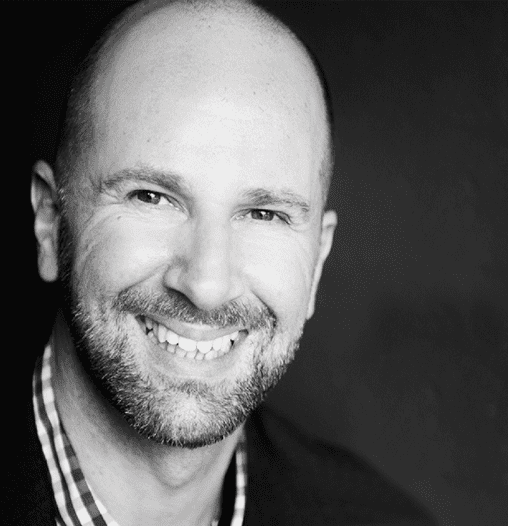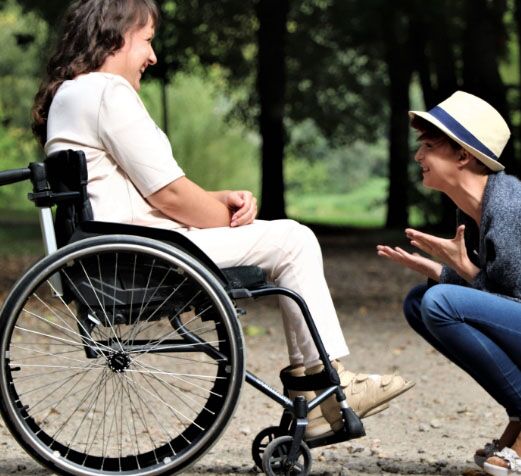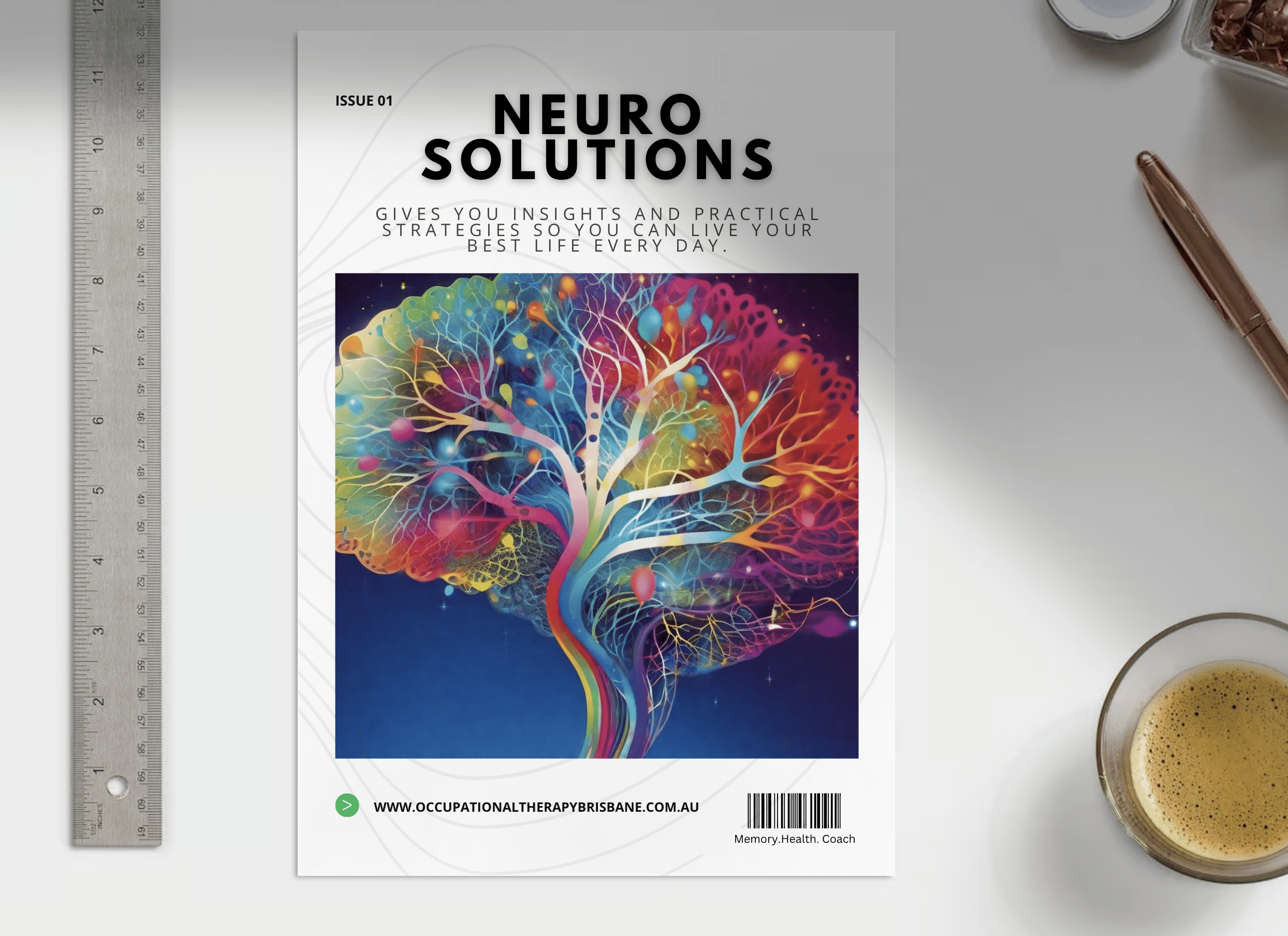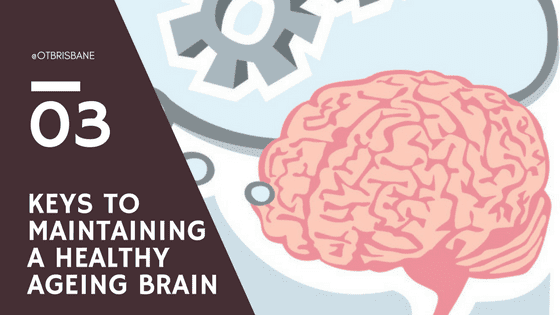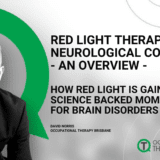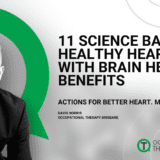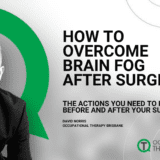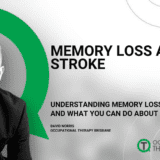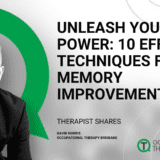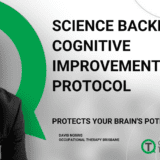Three Keys To Maintaining A Healthy Ageing Brain
Having the occasional “forgetful” or “senior moment” is something most of us have dealt with. Lapses in memory can happen at any age, but contrary to popular belief, ageing is often not the sole cause of cognitive decline.
Significant memory loss in older individuals can also be due to brain injury, neurological illnesses, or organic disorders. Studies have shown, however, that you can prevent cognitive decline and be proactive in reducing your risk of dementia by doing the following:
-
Don’t stop learning
Challenge your brain through mental exercise. Experts believe that mental exercises activate processes which help maintain brain cells and stimulate brain cell communication.
You can stay mentally active by:
- Learning a new skill
- Pursuing a hobby
- Volunteering for a project
As long as the skill is one that you do not usually use, you can make major strides in improving your memory.
-
Keep moving
Flexing your body muscles may actually help you flex your “brain muscle” as well. Exercise not only encourages the development of fresh nerve cells, but it also increases the connections between brain cells (“synapses”). Synapses, in turn, help to increase the efficiency of your brain, making it more adaptive. Exercise has cardio vascular and mood managin benefits as well.
Exercise helps brain health in several other ways as well, including:
- Lowering blood pressure
- Improving cholesterol levels
- Reducing mental stress
- Improving cardiovascular health
- Fighting against diabetes
-
Never stop believing in yourself
Older learners do worse on tasks involving memory after being exposed to negative stereotypes about memory and ageing. Those exposed to positive messages do better on these tasks.
Confidence is a major protective element in ensuring that your brain stays strong in your later years. It is important therefore that both small and large physical and mental barriers be addressed as soon as they arise so that the older individual will feel confident in their abilities.
Take a proactive approach with Occupational Therapy Brisbane
Small changes in our mental and physical health can lead to anxiety, self-doubt and negative self-talk. Our skilled therapists at Occupational Therapy Brisbane, can work towards restoring your confidence, and help to protect both your physical and mental health.
We create workable and customised plans for our patients, helping them to have a fulfilling life – doing the things they want to do, safely and effectively. We invite you to contact us today for an in-home or residential care home assessment at 1300 783 200.
References:
